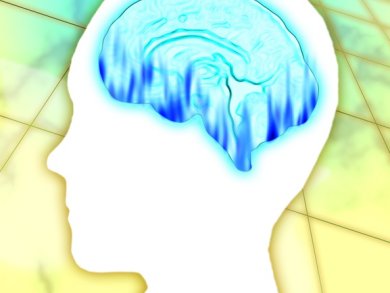Autism, a neurological disorder characterized by impaired social interactions, has an obscure genetic basis. Some forms of the disease are accompanied with intellectual disability and epilepsy.
Gaia Novarino, University of California, USA, and colleagues discovered that these forms of autism are associated with inactivating mutations in the gene encoding branched chain ketoacid dehydrogenase kinase (BCKDK). This protein phosphorylates and inactivates the E1 subunit of branched chain ketoacid dehydrogenase, an enzymes which degrades branched chain aminoacids such as valine, isoleucine, and leucine. Consequently, these aminoacids were very low in the plasma of patients bearing BCKDK mutations but returned to normal values following their dietary supplementation.
Forms of autism with epilepsy and BCKDK mutations could be, therefore, treated with branched chain aminoacids supplementation.
- Mutations in BCKD-kinase lead to a potentially treatable form of autism with epilepsy,
G. Novarino, P. El-Fishawy, H. Kayserili, N. A. Meguid, E. M. Scott, J. Schroth, J. L. Silhavy, M. Kara, R. O. Khalil, T. Ben-Omran, A. G. Ercan-Sencicek, A. F. Hashish, S. J. Sanders, A. R. Gupta, H. S. Hashem, D. Matern, S. Gabriel, L. Sweetman, Y. Rahimi, R. A. Harris, M. W. State, J. G. Gleeson,
Science 2012.
DOI: 10.1126/science.1224631


